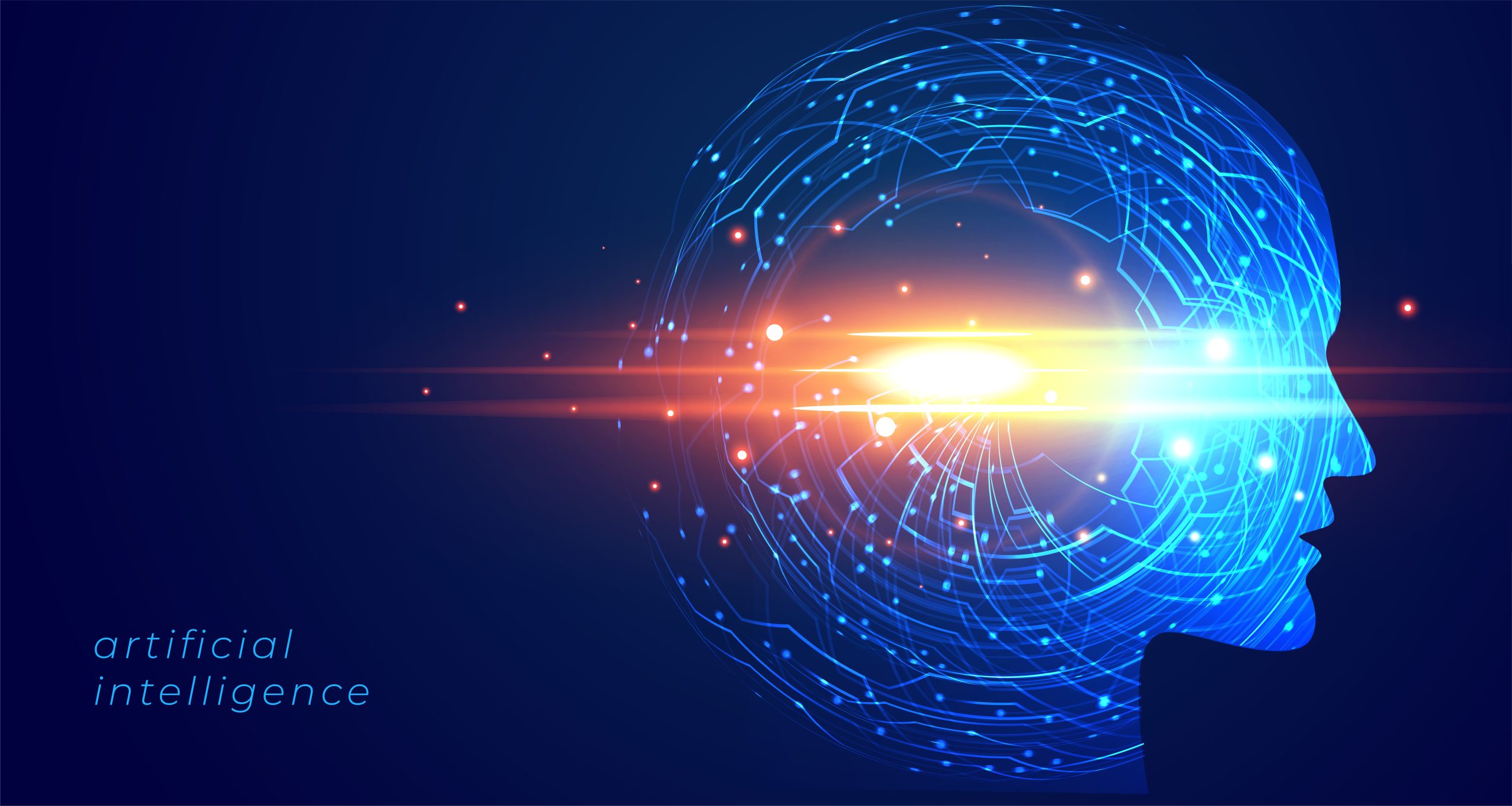AI and automation are one of the four things people in technology circles have been talking about. Businesses of all sizes are taking advantage by advertising how they are using sophisticated AI algorithms to efficiently serve customers. Governments are beginning to put in place laws to regulate this fast-emerging technology. Are you wondering why the entire world is raging about Artificial intelligence and automation? Do you want to know what this emerging technology is about? Keep reading to find out.
What Is Artificial intelligence?
In simple terms, this is the ability of machines to imitate human intelligent actions or processes, including the ability to reason, the ability to learn, and the ability to automatically correct themselves. This is not a new invention. Scientists have been researching the possibility of machines performing certain tasks since the 1950s.
Does the world really need Artificial intelligence?
This debate has been around for a couple of years now. Some people worry that AI will replace humans in most areas of work, leading to high unemployment. However, AI proponents amplify the necessity of this technology in improving accuracy, promoting efficiency, and reducing costs in different sectors of the economy, including healthcare, transport, manufacturing, utilities, security, and real estate.
The deployment of Artificial intelligence in manufacturing and other sectors has proven that it is an essential tool. Machines are found to perform some tasks better than humans. This includes tasks that require processing large sets of data, assignments that require high levels of attention to detail, and mundane repetitive tasks.
What Is Automation?
This is the process where machines are created and trained to perform tasks that usually require humans. This is very common in manufacturing assembly plants. There is also an increased interest in autonomous (self-driving) cars recently. Tech companies and car companies have invested several billion in research and development to get at the forefront of this new market.
Will automation improve the life of people on earth?
We are in a fast-paced world. People can save time and reduce costs with a little bit of automation. Businesses especially manufacturing plants have seen an increase in productivity and improved efficiency when automation is deployed in assembly plants. Many businesses, both large and small are using automation to collect and process customer data so that they are in a position to better serve them.
Is there any relationship between automation and artificial intelligence?
You’ll often hear people using these words interchangeably. However, they are different in many ways. AI and automation are related in a way that they both help simple jobs.
What is the importance of AI in automation?
Testing vision validation tools
Machine learning is used extensively in verifying that the UI appears correctly to the user. It is used to monitor that the size, position, color, shape, and other aspects appear the way they should to users. When you use tools enabled by artificial intelligence, they can spot details and differences that are nearly impossible for humans.
Crucial API testing
This is an important process as it helps developers to improve code. It identifies errors in the code. This is crucial for the general quality of the API. Automation engineers from most tech companies like IBM, Twitter, etc. use artificial intelligence to automate the testing of their APIs.
Creating automated tests
Automated tests fail when developers make changes to the application. This happens occasionally. Fortunately, you can use machine learning to adjust such changes painlessly. The tool is programmed to learn and observe how the API changes and adjusts accordingly.
AI helps in automating data analytics
Gathering data both internally and externally can be daunting and takes a lot of time. Businesses can now use AI powdered applications to automate this task, thereby increasing productivity, improving efficiency, and reducing costs.
Scrutinizing risks and reducing human error
It is not uncommon for workers to make slight errors that may have a catastrophic impact on your brand’s reputation. You can employ artificial intelligence to perform difficult tasks with the highest degree of accuracy.
Businesses are also employing artificial intelligence to automate the assessment of security loopholes in systems. AI-powered tools can assess large sets of data in real-time to discover loopholes that may expose the system to security risks.
AI tools are used to enhance customer experience
Many businesses are incorporating AI-driven customer care solutions to automate operations. Chatbots powered by artificial intelligence are great tools for collecting customer data, replying to common customer queries, and ensuring the smooth running of the entire business operation.
Several businesses have reported increased sales and efficiency after automating certain business operations.
AI-powered tools are helping in automating the sourcing of materials or suppliers
Although the world is interconnected, it can be difficult for manufacturers to find the right suppliers and quality materials. Applications enabled by artificial intelligence can be used to automate this process. It can assess large volumes of data to determine the most ideal supplier and quality sources of raw material.
Increasing efficiency in processing claims
Insurance companies process high volumes of claims every year. It is difficult for humans to accurately process such data fast. Artificial intelligence applications are vital as far as processing data is concerned. This reduces errors and saves businesses money in the form of false claims.
It is used to identify defects in products and applications
Factories with high production capacity can use machine learning and other components of AI to accurately detect issues with products before they leave production lines.
Artificial intelligence is a key component as far as automation is concerned. Tools powered by artificial intelligence enhance automation in manufacturing, automobile, real estate, healthcare, education, computing, and other aspects of human life. This is why technology companies are investing several billion every year in R&D (research and development) related to Artificial intelligence and automation.
































































